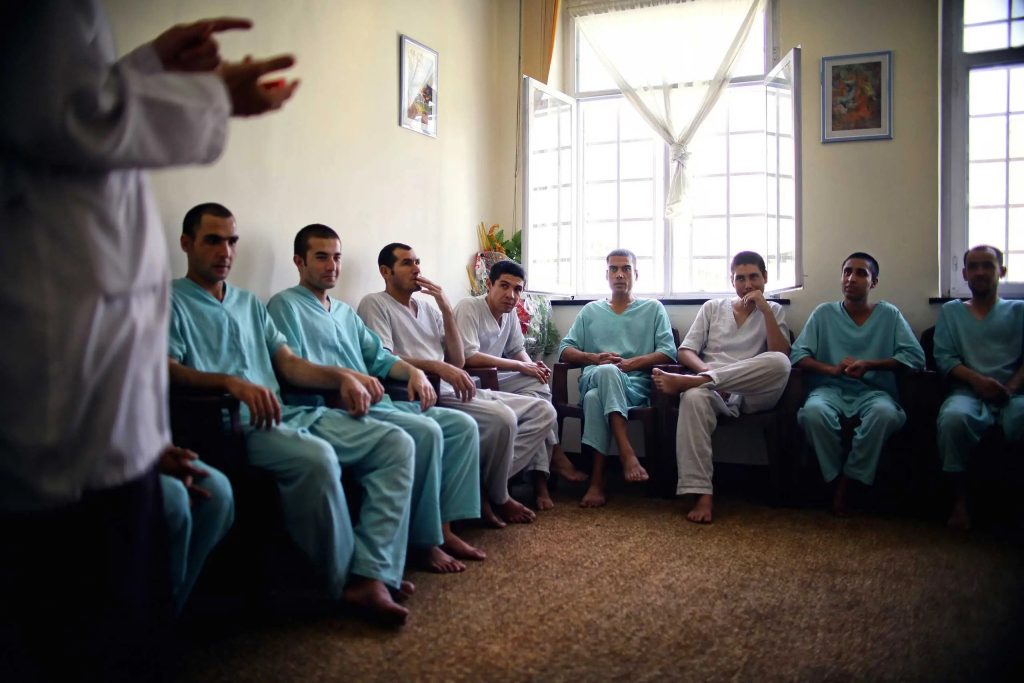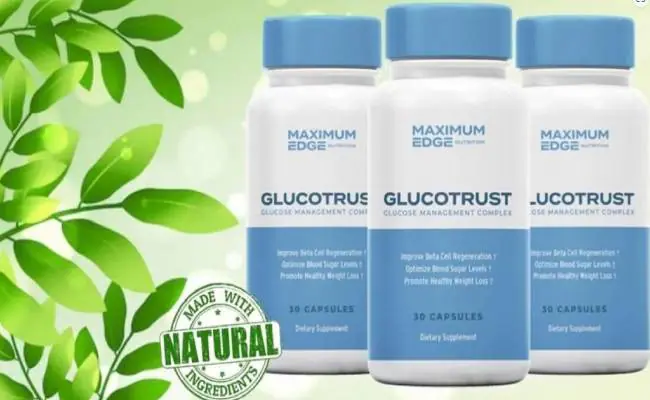
How to Find the Best Addiction Rehabilitation Treatment
If you or a loved one has developed a drug addiction, you may want to consider a drug rehabilitation center. These treatment centers are widely available across the country and offer inpatient and outpatient programs for individuals struggling with addiction. Many of them also offer family therapy, which helps improve communication with the addict and strengthen relationships with family members. Addiction is often a chronic condition in which a person uses drugs in greater amounts or for longer periods of time than was originally intended. The person may try to stop using the substance, but is unable to quit.
Inpatient rehab
There are many benefits of inpatient addiction rehab like Addictions Help Center. For one, patients are removed from their normal environments, which are full of distractions and stressors. Additionally, they have access to 24-hour medical care and a support team of healthcare professionals. This allows them to focus on their recovery while avoiding their home environment, which can trigger cravings for substances of abuse.
Quality treatment providers don’t take a cookie-cutter approach to patient care. For example, a quality rehab program will provide gender-specific programs to its patients. This is essential because many of the issues that are discussed in rehab are difficult to talk about in mixed groups. Therefore, it’s important to find a center that provides this kind of care.

Inpatient rehab is a good option for those who can’t afford outpatient care. They can attend group meetings or one-on-one therapy. The cost of inpatient rehab is relatively low, especially if insurance covers the cost. Many providers offer payment plans for inpatient treatment, which will allow many clients to receive care at low or no cost.
When looking for a rehab center, it’s important to look at their accreditation. A reputable rehabilitation center will be accredited by an independent organization like the Joint Commission or the Commission on Accreditation of Rehabilitation Facilities. These organizations accredit addiction treatment centers based on their performance standards and the quality of care they provide.
Residential rehab
Residential addiction rehabilitation treatment is a way to address a drug or alcohol addiction. These programs are typically based in a residential environment and can be either free or low-cost. Many residential programs have 24/7 medical monitoring and access to a clinical staff. They can also offer financial assistance or even scholarships. These programs are typically offered for several months or a year.
These programs offer a combination of individual therapies and group therapy. Patients can also participate in extracurricular activities such as horseback riding or yoga therapy. Many residential addiction rehabilitation treatment programs also have a medical staff to help treat medical issues that might be causing drug or alcohol abuse. A residential addiction treatment program will offer a full schedule of therapies, meals, and rest periods. This helps to restore a healthy mind and body.
Residential addiction rehabilitation treatment begins with a detoxification process. Withdrawal symptoms from drugs or alcohol can be intense and life-threatening, so a medically-supported detox can ease the pain and discomfort. Withdrawal symptoms can lead to a relapse, so having 24 hours of medical supervision during this time is vital for recovery.

The duration of residential addiction rehabilitation varies, but is usually at least six months. Long-term residential programs usually involve a non-hospital setting and offer care 24 hours a day. One popular type of residential rehab is called a therapeutic community. These programs are designed to help the addict “resocialize,” using the program’s entire community as a part of active treatment. Individuals undergoing residential treatment are taught to take responsibility for their actions, learn to manage difficult situations, and engage in productive social activities.
Recovery housing
Recovery housing is an important part of addiction rehabilitation. SLHs, or sober living homes, provide a structured environment where residents can work toward recovery through the 12-step program. Residents are required to attend meetings and participate in activities that support the 12-step program, including getting a sponsor, practicing the steps, and volunteering. SLHs may offer other activities, such as recreational or educational activities, in lieu of meeting attendance. Residents must have a plan for maintaining ongoing abstinence, however.
SLHs usually cost about the same as a modest apartment or house. Residents typically share a room. The rent can range between $450 and $750 a month. There is no need to pay the first and last months’ rent, but residents are expected to pay their monthly rent. They are also expected to attend 12-step meetings, fulfill financial obligations, and adhere to house rules. Each SLH has a house manager who supervises the residents.
Sober living homes provide a sober environment for recovering addicts. Most are privately owned, though some are owned by nonprofit organizations. They are typically located in quiet neighborhoods and provide a safe, peaceful environment. During early recovery, sober living homes are a great way to get a jump start on life and make a successful transition to sobriety.
More to read:
What To Do After You Overdose On Cocaine
Get to the Latest Y2K Fashion Outfits
Understanding Emotional Sobriety and How to Achieve It
